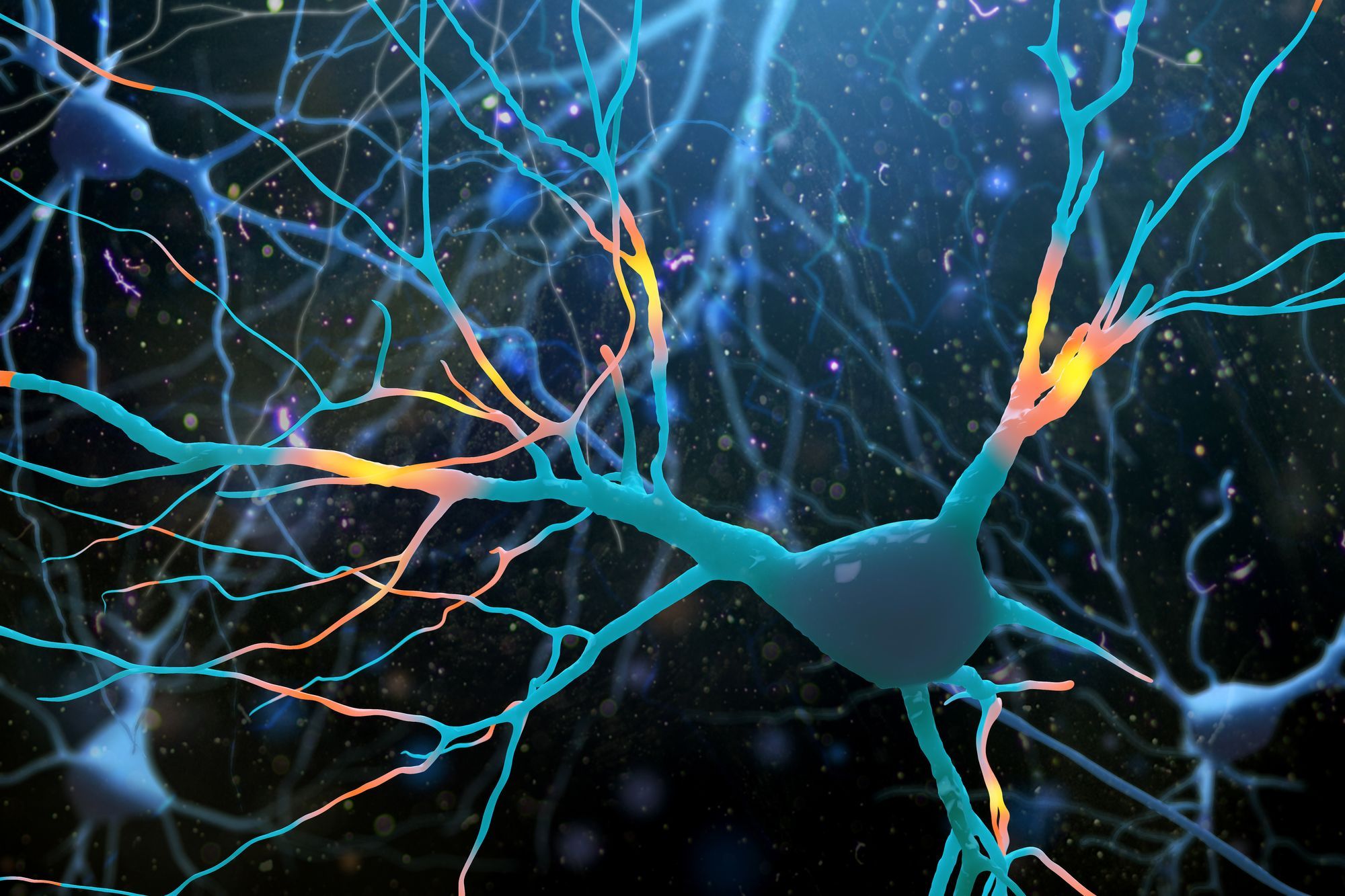It's extremely strange that we have a universal bad guy who is the root cause of all that ails us. We're just learning to understand and transform that force into, what else, but a good guy? That is the purpose of brain-based health.
If it is so important, why has it taken us so long? We didn't know about this entity until a flurry of emotional plasticity research was published during the last decade. My colleagues Igor Mitrovic, MD, Linda Frassetto, MD, Lindsey Fish, MD, and I pieced together some developments in neuroscience to clarify that this force was the problem and propose what to do about it.
In this posting, let's look at what this Stress Circuit is all about. There will be more blog postings to come on this, but here's a quick snapshot:
It is normal to feel good. Evolutionary biology prepares us with a brain that automatically responds to life using the unconscious memory systems of the emotional brain, the brain under the neocortex, which is comprised of the limbic system and the reptilian brain.

However, life isn't always "normal" and so we have a default state that puts us into overdrive, where there are no limits to physiology or behavior. Basically, when it comes to eating, drinking, spending, anxiety, blood pressure, you name it, the sky is the limit!
If that weren't enough, this new force that is driving our car has no off switch. In physiology, this is called a positive feedback loop. It has us careening out of control for a few minutes or a few hours. If we eat the whole pint of ice cream while the "force" is in charge, well, with no ice cream left, we'll stop. If we are stressed about an impossible work assignment that simply will not go away, we may be stressed until the project is done or until our best friend intervenes with a cup of tea and an invitation to chat.
If we fly under the radar and nobody calls us on our stress overload and no help is in sight, we may stay with that stress force stuck on, and end up with a brain that is wired for stress, even addicted to it! That out-of-control state would be our norm. It would feel right because chaos, overwhelm, depression, anxiety, being on edge, and thousands of other stress overload symptoms would become familiar, and therefore feel safe!
This would be really funny, like a good sit-com, if it were not real, and a force that impacts all of us. However, it gets even worse because the brain is very careful to record this surge of stress electricity and chemicals and to replay it even in response to a slight stressor in daily life, such as a spilled cup of coffee or being late to a meeting. It encodes these careening out-of-control experiences as wires, which we call Stress Circuits.
What is the take-home from this? When you feel bad, it is not your fault. It is a wire. When these wires surge, whatever we thought our job was – to make people happy, to go to the gym, to check off everything on our list – is not the job. The job is to switch off that stress wire, and when we do, feeling great and being at our best is a cinch.
The easy pathway to well-being is to deactivate and erase our Stress Circuits.

